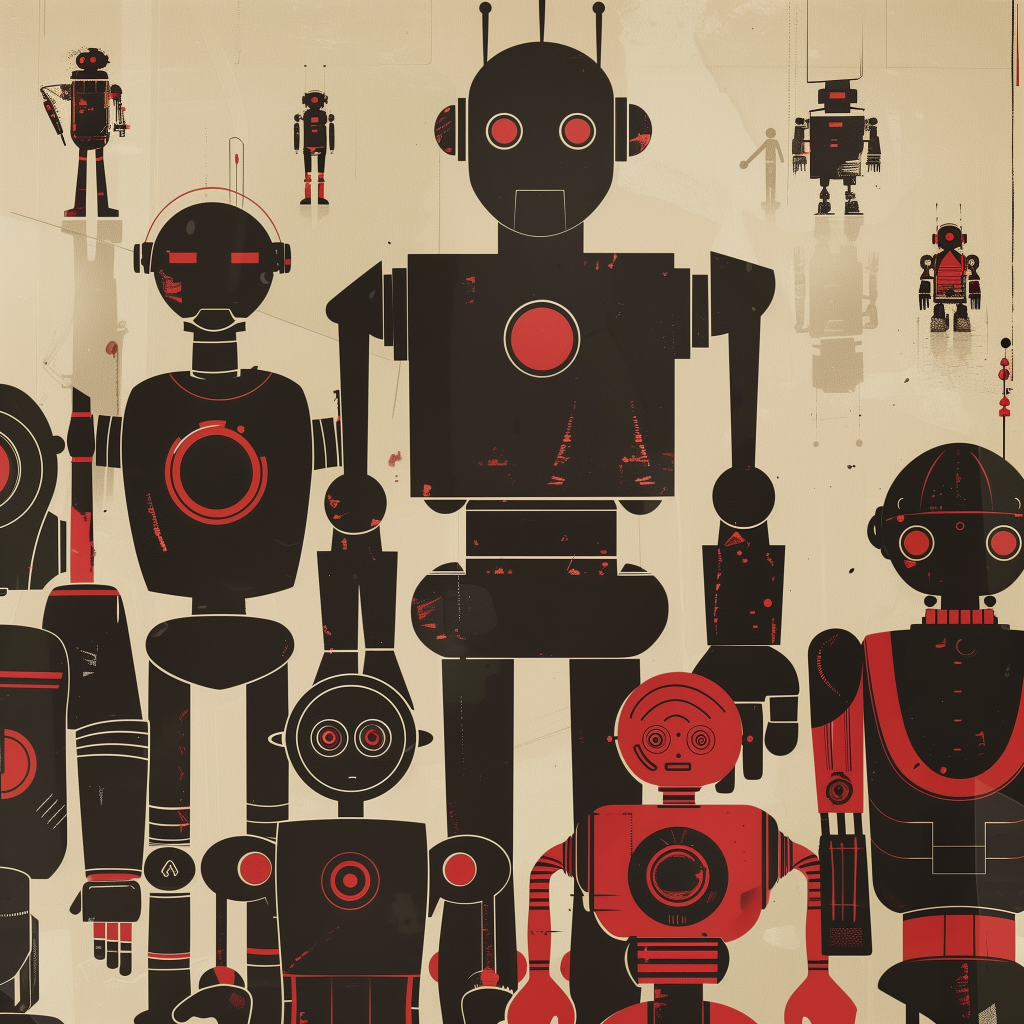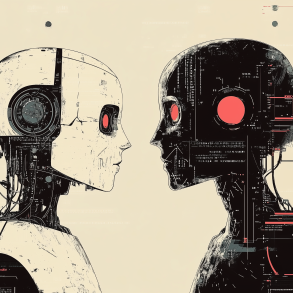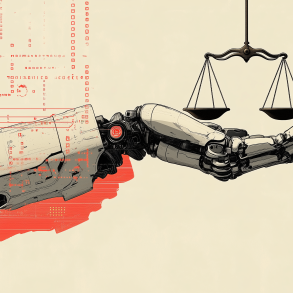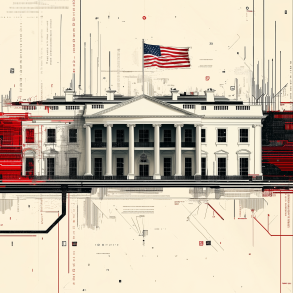Since ChatGPT’s introduction in November 2022, conversations about robots replacing human jobs have surged. Yet, the average worker views AI optimistically, seeing it as a potential boost to their financial well-being.
The findings from PwC’s 2024 Global Workforce Hopes & Fears Survey, which polled over 56,000 workers, indicate that a significant number of employees believe AI will enhance rather than replace their jobs. Half of the respondents expect AI to increase their salaries (49%) and job security (50%) over the next year. Moreover, nearly two-thirds anticipate AI will bring greater efficiency to their roles.
Despite the capability of AI to perform tasks at a lower cost, only about 10% of workers fear a decrease in wages. This sentiment contrasts sharply with more dire predictions from industry insiders.

Avital Balwit, chief of staff at Anthropic, has expressed concerns about the potential obsolescence of many jobs due to AI, estimating she may have only three years left in her role. Similarly, the Institute for Public Policy Research has raised alarms about an AI-driven “apocalypse” that could eliminate 8 million jobs in the U.K., particularly affecting women and Gen Z. Chris Hyams, CEO of Indeed, has even envisioned a future of “cyborg” recruiters.
However, historical parallels show that fear of new technologies diminishes with familiarity. Like the initial apprehensions surrounding computers in the 1980s, today’s worries about AI may seem unfounded in the future. PwC’s surveys corroborate this, revealing that workers who use AI daily are generally more optimistic about their career prospects, with about 80% expecting increases in salary, job security, and efficiency due to AI within the next year.
Further research supports the idea that educating workers about AI can transform anxiety into enthusiasm. Indeed, for instance, allocated a budget to its 12,000 employees to experiment with AI, which helped alleviate their concerns. This initiative demonstrated how AI can enhance efficiency while underscoring the crucial human elements that remain indispensable. Hannah Calhoon, head of AI innovation at Indeed, noted,
They came back saying, ‘Actually, this was much better at this task than I thought,’ or that it was simplifying content too much, which could be a risk.”

The long-term impact of AI on the job market remains uncertain. While some roles are at risk of automation, the emergence of new positions is undeniable. The role of chief artificial intelligence officer (CAIO) is becoming increasingly common in the C-suite, with substantial compensation packages often exceeding $1 million. In recent developments, the New York Times named an editorial director for AI initiatives, and companies like Equifax and Ashley Furniture have incorporated AI executives into their leadership.
The demand for AI expertise is evident on platforms like LinkedIn, where postings for head of AI positions have tripled over the past five years. Job listings mentioning AI have also more than doubled recently. For instance, the demand for prompt engineers, who develop queries for AI chatbots, is growing, with some positions offering salaries up to $375,000, often without requiring technical degrees.

Accenture’s recent promotion of Lan Guan to chief AI officer and its announcement of a $3 billion AI investment to double its AI staff to 80,000 and provide training to 250,000 employees highlight the sector’s growth potential. IBM CEO Arvind Krishna at the Fortune CEO Initiative conference optimistically stated that technology is likely to create more jobs than it eliminates.
Yishan Wong, former CEO of Reddit, advised workers worried about AI to transition into the industry. He emphasized that even those without extensive technical skills can develop valuable AI applications, noting, “There’s this enormous amount of leverage that an individual can have.”









